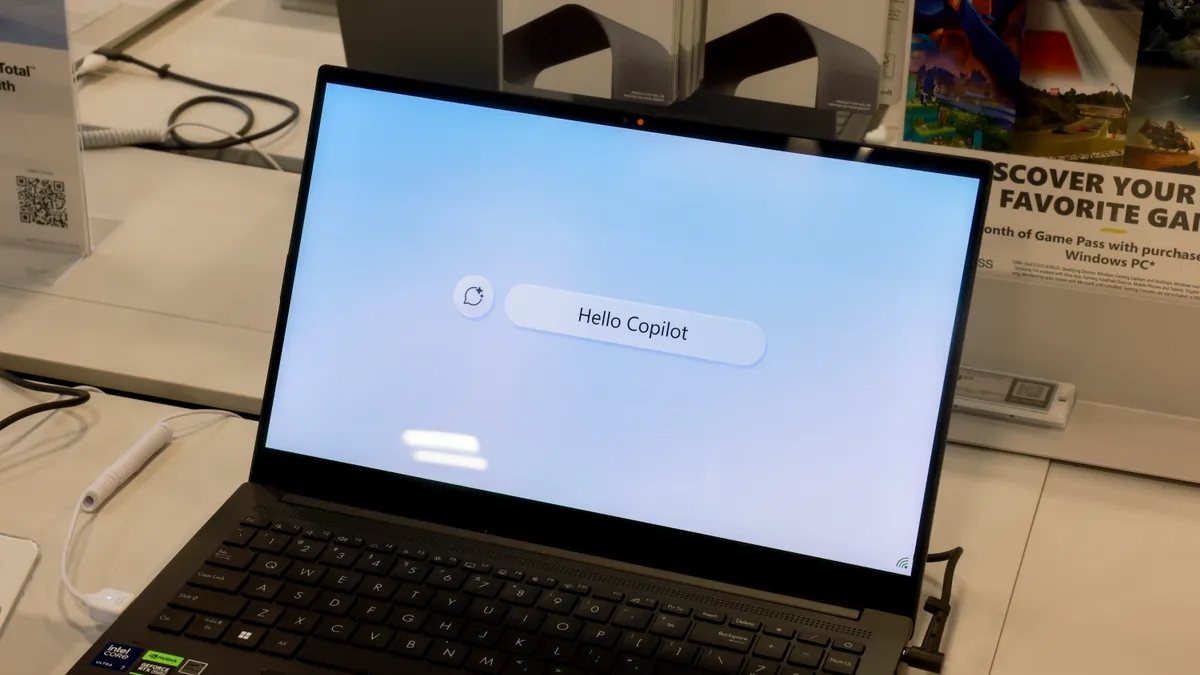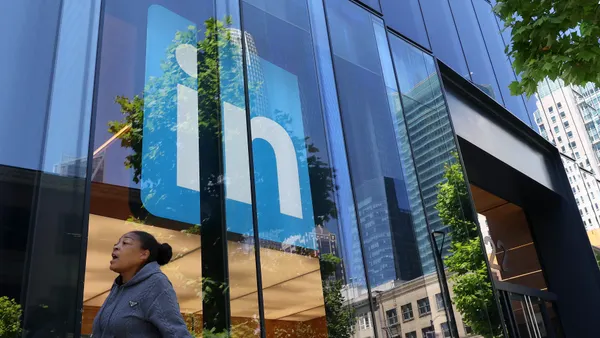Dive Brief:
- Nearly 1 in 5 workers use generative AI to research salaries, 27% of whom said it inflated their compensation expectations, according to Payscale’s 2025 Pay Confidence Gap Report, released Tuesday.
- Employers are noticing, too; seventy percent of organizations say they see employees turn to AI assistants like ChatGPT for salary research, and 38% of say AI tools push salary demands higher, per a news release.
- Meanwhile, 63% of HR and business leaders said they’ve noticed an increase in employees having inaccurate or unverified salary information in the past year, an uptick the report attributes in part to salary information provided by AI tools, as well as by social media platforms like TikTok, Reddit, Instagram, and Facebook.
Dive Insight:
The misalignment between employees’ expectations and companies’ actual compensation is creating distrust, and nearly half of employers noted an increase in turnover tied to salary conflicts in the past year, Payscale found.
While workers still get salary information from traditional sources like family, friends and salary guides, “AI and social media are driving up salary expectations,” Ruth Thomas, chief compensation strategist at Payscale, said in the release.
“In the face of mounting misinformation, too many employers aren’t having the right conversations with their employees about pay. It’s critical they develop compensation strategies that are rooted in transparency, driven by data, and ensure compensation decisions are communicated clearly to improve pay confidence among employees,” Thomas said.
Employers largely (93%) think workers trust their pay decisions, but only two-thirds of employees say they do, Payscale found. Of the 1,000 U.S. workers surveyed, 41% said they’ve never had a transparent discussion at work about how compensation is set. Payscale also surveyed 500 U.S. business leaders, HR leaders and HR managers who handle compensation decision-making for the report.
The report characterized the disconnect as “a concerning trust gap.”
“This 24-percentage point gap suggests that many employers may be underestimating employee concerns about pay decisions and falling short on pay strategy, pay transparency, and pay communications — or are missing areas of contention that employees care about,” per the report.
A June report by Payscale reinforces the company’s recent findings; more than two-thirds of employees believe they’re underpaid, even when their salary is considered to be at or above fair market rates. Likewise, those who work for companies with high levels of pay transparency are 59% less likely to leave, Payscale found.
















